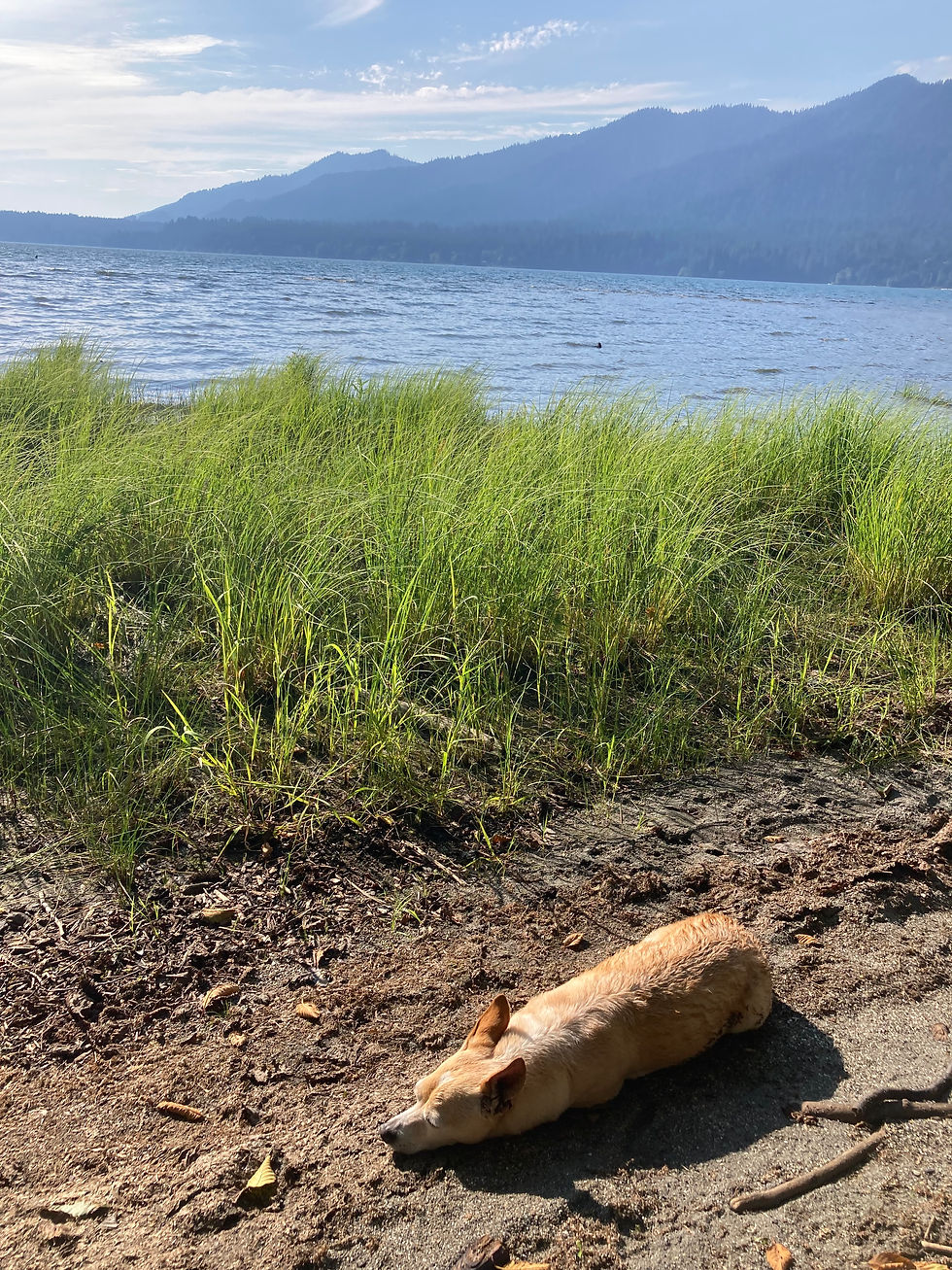Greening Dementia Care: Nature is Our #1 Care Ally
- Monica Eastway

- Mar 23, 2023
- 2 min read
Updated: Jul 23, 2024

Greening Dementia Care
The impact of engagement with the natural world for individuals with dementia who live independently at home is a topic of growing interest in the research community.
According to the World Health Organization:
Dementia affects over 55 million people worldwide, with 60% of them living in low-and middle-income countries.
Every year, there are nearly 10 million new cases of dementia.
Dementia is caused by a range of brain-affecting diseases and injuries, with Alzheimer's being the most common form.
Dementia is the seventh leading cause of death and a major cause of disability and dependency among older people globally.
In 2019, the global cost of dementia was 1.3 trillion US dollars, with 50% of these costs attributable to informal carers who provide around 5 hours of care and supervision per day.
Women are disproportionately affected by dementia, experiencing higher disability-adjusted life years and mortality rates.
Women also provide 70% of care hours for people with dementia.
The majority of these individuals are living in the community, but outdoor space is rarely conceived of as a "dementia setting," resulting in feelings of disconnection and exclusion.
To explore the benefits of engaging with Nature for individuals with dementia, a research review used a thematic analysis approach to synthesize findings from 16 studies, including 13 qualitative and three mixed-methods studies.
The review identified eight themes and three sub-themes, highlighting the significance of nature contact for people living with dementia.

Nature Contact for People Living with Dementia Provides:
pleasure
comfort
stimulation
freedom
meaning
= all of which contribute to enhanced well-being and quality of life.
The study also found that support and adaptive strategies are essential for enabling continued engagement with meaningful outdoor activities, promoting identity, independence, social interaction, and life opportunities.
However, access to outdoor spaces for older people, both in residential/nursing homes and living at home, often depends on carers' availability and willingness to assist them. The demands placed on care workers' time and resources can be a significant barrier to accessing the outdoors.
The research concludes that meaningful connections with the natural world offer more than just a "breath of fresh air" for individuals with dementia. Engaging with Nature can provide a sense of connectedness to self, place, and others, enabling and continuing life opportunities when support mechanisms are in place.
It is vital to recognize the benefits of engagement with the natural world for individuals with dementia living independently at home and in residential care communities and to provide the necessary resources and support to enable meaningful engagement with Nature.
Everyone, including carers, administrative staff, activity directors, home health care professionals, occupational and recreational therapists, social workers, and Nature, benefit with Care Outdoors.
Research:
Bennett, J., Wolverson, E., & Price, E. (2022). Me, myself, and Nature: living with dementia and connecting with the natural world–more than a breath of fresh air? A literature review. Dementia, 21(7), 2351-2376.
Orr, N., Wagstaffe, A., Briscoe, S., & Garside, R. (2016). How do older people describe their sensory experiences of the natural world? A systematic review of the qualitative evidence. BMC geriatrics, 16, 1-16.
Wang, D., & Glicksman, A. (2013). "Being grounded": Benefits of gardening for older adults in low-income housing. Journal of Housing for the Elderly, 27(1-2), 89-104.







